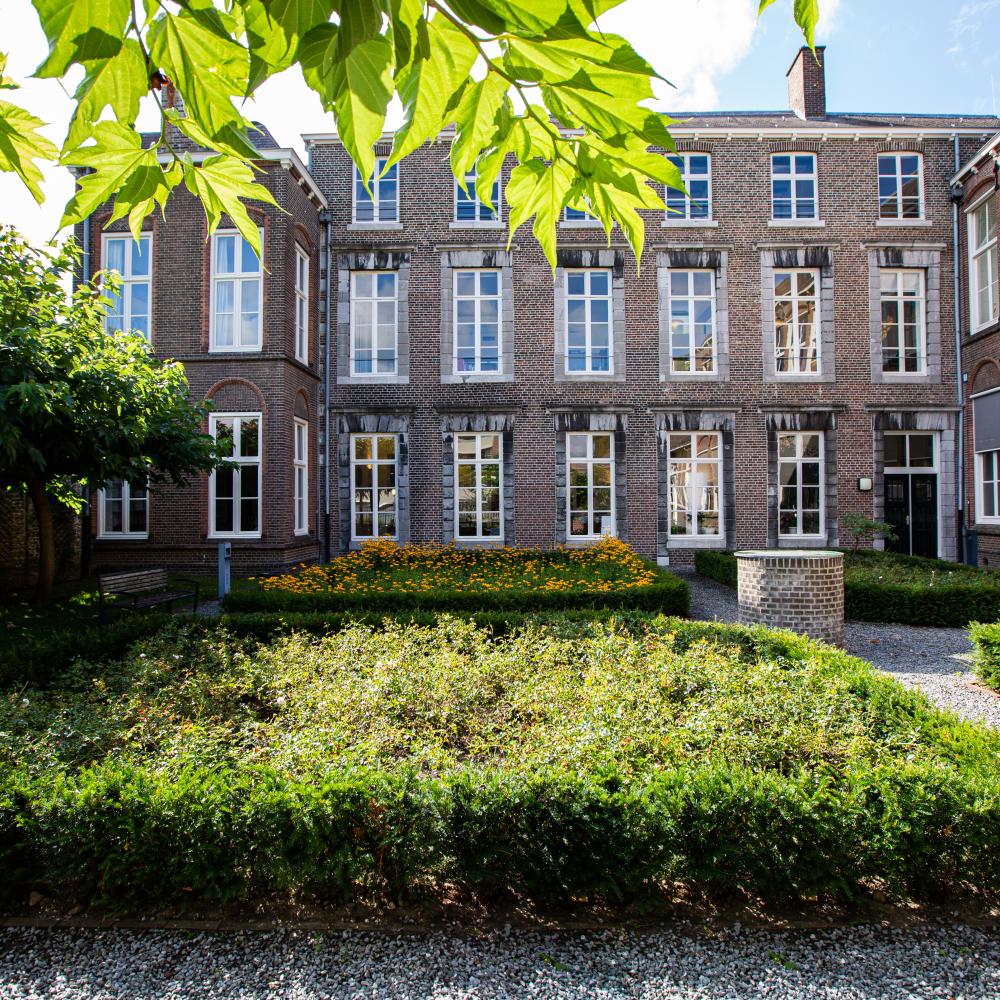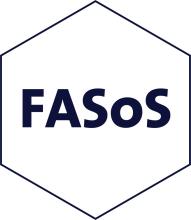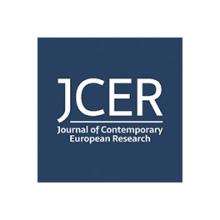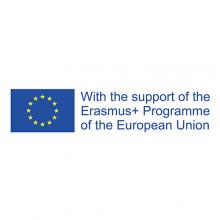Maastricht at 30: what next for Europe?
UACES Graduate Forum Research Conference 2022
The UACES Graduate Forum Committee is pleased to invite submissions for the 2022 UACES Graduate Forum Conference. Paper and panel proposals are welcome from master students, PhD and early-career researchers worldwide in all areas of contemporary European Studies. This year’s conference will be held at Maastricht University on 23-24 June 2022.
Please find the call for papers below. Feel free to distribute this amongst staff and students in your department. You do not have to be a member of UACES to attend.
Maastricht at 30: what next for Europe?
The Maastricht Treaty established the European Union as we know it, introducing the EU citizenship granted to every citizen of a member state and paving the way for a single currency. Three decades on, the enlarged, and politically and culturally diverse EU is facing new challenges. Brexit and the Covid-19 Pandemic widened the divide between the member states, limiting citizens' freedoms and reinstating old borders. As the world emerges from the pandemic, a war and humanitarian crisis of unprecedented scale is unfolding just outside the EU's borders. Though the EU has responded to the security threat with unity, the situation has highlighted limited integration in the areas of security and defence. Shifts in the global balance of power, the emergence of new and powerful players and increasing instability on the EU's borders have rekindled the debate on energy security, migration and climate governance.
To look upon past, present and possible futures for Europe from an academic perspective we invite master's students, doctoral students and early-career researchers from across the field of European Studies to submit paper and panel proposals addressing the theme of 'Maastricht at 30: What next for Europe?'
To foster cross-disciplinary conversation, we welcome proposals from all European Studies disciplines and related fields. Including (but not limited to) Political Science, Law, Sociology, Economics, History, Gender Studies, Anthropology, International Relations and Public Policy. We hope that this conference will address the topic in a variety of ways and from a range of perspectives.
Follow #UACESGF22 on social media for updates.
We look forward to receiving your proposals and to welcoming you to Maastricht this summer.
Find the conference schedule here.
Conference Programme
Thursday, 23 June 2022
Find all details for the scheduled panels for Thursday, 23 June 2022 here.
Coffee & Networking
Keynote with Gergana Noutcheva
Coffee & Networking
ROOM 1:
Foreign Policy
with Andrea Christou, Neli Kirilova, Yunus Baris Ertuk, Anna Sophie Kirchmayr
Lunch
ROOM 1:
EU-China Relations
with Valeria Fappani & Elif Cemre Besgur, Unai Gomez-Hernandez, Preksha Shree Chhetri, Jacob Hickey
ROOM 2:
EU Law
with Jacob van de Beeten, Erva Akin, Ruben Della Pia
Coffee & Networking
ROOM 1:
Security and Defense Policy
with Adviye Damla Unlu, Bjarn Eck, Cristina de Esperanza Picardo, Daphna Charlotte
ROOM 2:
Parties and Elections in the EU
with Laura Valeria Gheorghiu, Ayauzhan Kamatayeva, Jochen Vanagt, Anna Slupek
PLEANARY
30 Years Since the Signing of the Maastricht
Treaty
with Andrew Duff, Noelle O'Connell, Mathieu Segers & Esther Versluis
Friday, 24 June 2022
Find all details for all scheduled panels for Friday, 24 June 2022 here.
Coffee & Networking
ROOM 1:
European Integration
with Sven Schreurs, Andela Micanovi-c, Jetnor Kasmi
ROOM 2:
Development and International Political
Economy
with Elif Cemre Besgur, Julia Walczyk, Timo Schrottke, Radostina Schivatcheva
Coffee & Networking
ROOM 1:
The EU and the Russia-Ukraine Crisis
with Alina Nychyk, Avwerosuoghene Hope Golah-Ebue, Andela Micanovic
Lunch
Closing Roundtable
The Rise of Eurosceptic Populism
With Andreea Nastase, Ben Leruth and Olga Litvyak

About FASoS
At FASoS, teaching and research highlight major developments in societies and cultures as they have unfolded during the modern and contemporary eras. They seek to gain an understanding of the interrelationships of Europeanisation, globalisation, scientific and technological development, political change and cultural innovation. They are interested in how today’s societies cope with these challenges through, amongst others, practices of remembrance, governance techniques, strategies for managing knowledge, technologies and risks and ways of dealing with diversity and inequality. Yet, understanding the present world is impossible without insight into its past. This is why historical research serves as a key element of our scholarly and educational identity.
Key Dates
Find an overview of key dates from CfP, decision making to conference dates.
CfP deadline
Extended CfP deadline
Communication of Decisions & Registration Opens
Conference
Call for Papers & Panels
To look upon past, present and possible futures for Europe from an academic perspective we invite master's students, doctoral students and early-career researchers from across the field of European Studies to submit paper and panel proposals addressing the theme of 'Maastricht at 30: What next for Europe?'
Submissions are closedSubmission Requirements
To foster cross-disciplinary conversation, we welcome proposals from all European Studies disciplines and related fields. Including (but not limited to) Political Science, Law, Sociology, Economics, History, Gender Studies, Anthropology, International Relations and Public Policy. We hope that this conference will address the topic in a variety of ways and from a range of perspectives.
RequirementsResearch Funding for Delegates
Funding of up to 200 GBP will only be offered to those whose paper proposal was accepted following the Call for Papers. There are up to 50 funded places (up to 200 GBP) available at the conference. Funding is only awarded to delegates who are currently studying for their PhD or who have submitted their PhD within the last three years (at the time of the conference). There are also up to 5 funded places available for masters-level students.
Funding will be allocated following paper selection.






